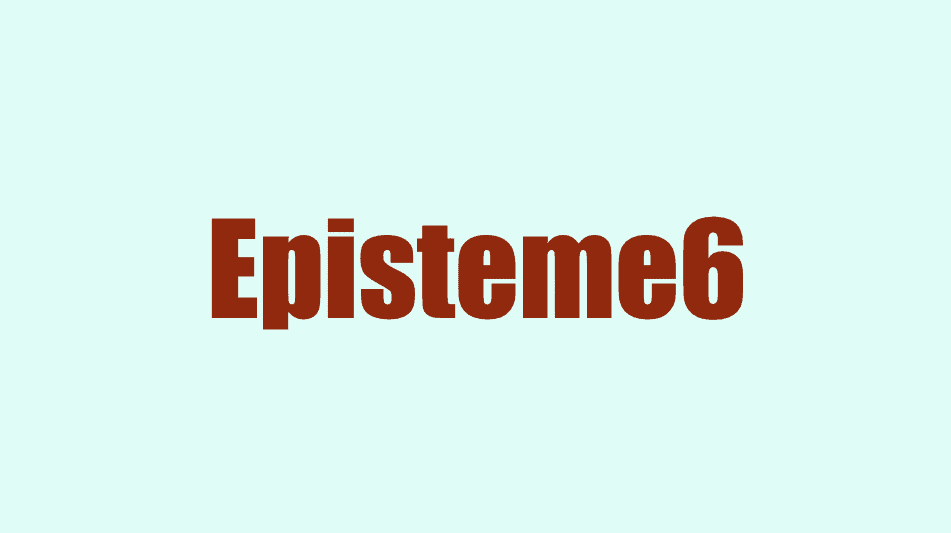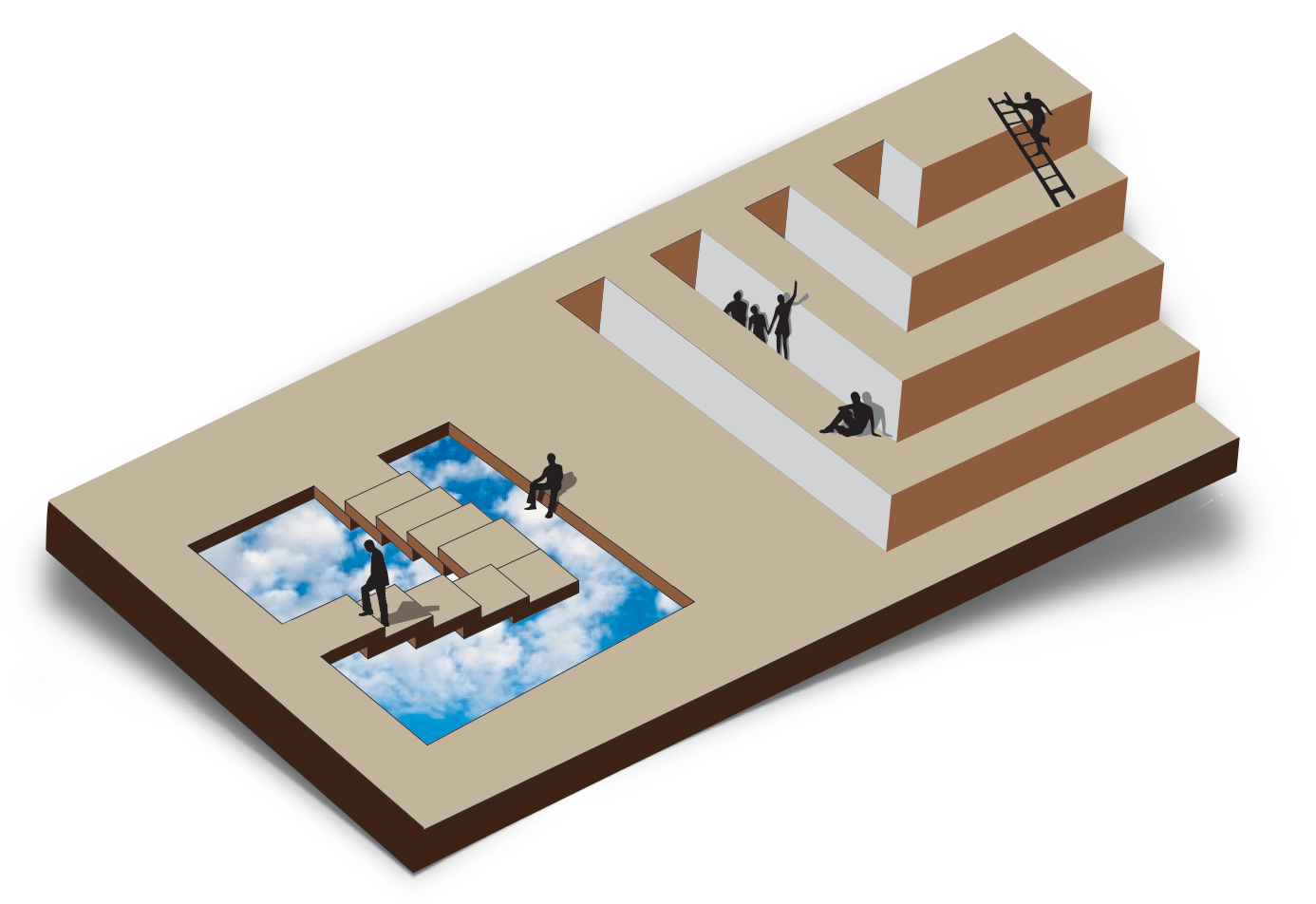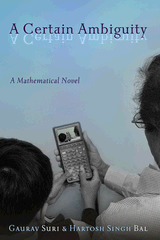Scott McCloud is one of my favorite people. His book Understanding Comics is just wonderful and I have used it in many of my classes. It is a great way to start a course. Scott made news recently for creating a 38 page comic book to introduce Google’s new browser Chrome to the world.

Today’s NYTimes has an article about how McCloud went about this assignment. The article (titled Archie and Jughead? No, Javascript) says that:
Mr. McCloud interviewed around 20 people for the comic book… One of the biggest challenges was the project’s secrecy. “We couldn’t just hire some temp to transcribe 30,000 words explaining this new technology that no one was supposed to know about,” he said…
Mapping out the comic involved several brainstorming sessions. “It was, in the earliest stages, an enormously complex process, trying to work from these very geek technical details towards a visualization that would be accessible, but not condensing, not shallow,” Mr. McCloud said. Explaining new browser technology means getting into potentially eye-glazing details, but Mr. McCloud offset that arcane matter with clever, anthropomorphic depictions of overworked browsers and guilty-looking plug-ins…
For Mr. McCloud, the real opportunity was not to introduce a browser, but to show how effective comics can be at communicating complex ideas. “I don’t think the potential for comics in nonfiction has been exploited nearly as much as it could be,” he said.
You can see the comic online: Google Chrome: Behind the Open Source Browser Project



 A Certain Ambiguity: A Mathematical Novel is a book written by two of my high school friends, Gaurav Suri and Hartosh Singh Bal.
A Certain Ambiguity: A Mathematical Novel is a book written by two of my high school friends, Gaurav Suri and Hartosh Singh Bal.
0 Comments